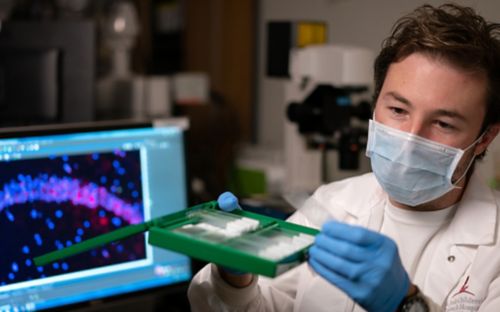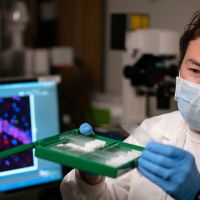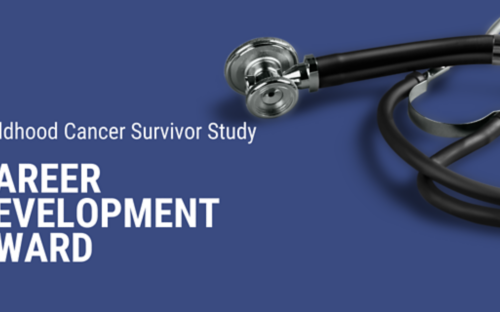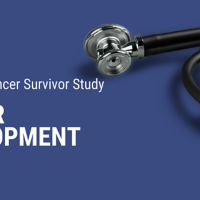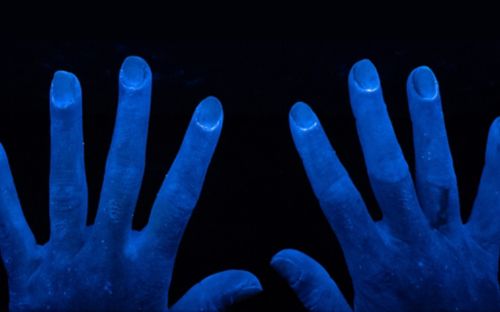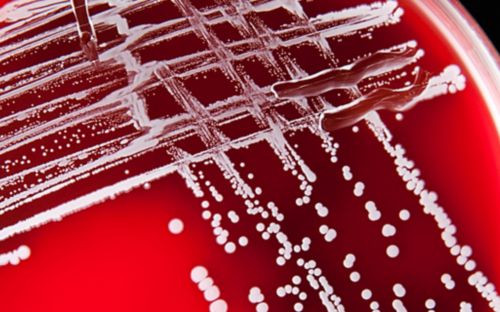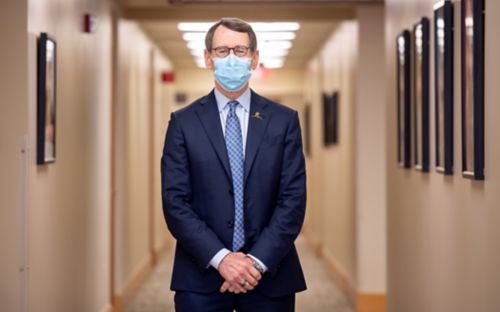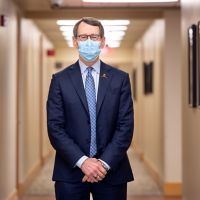Heather Mefford, MD, PhD
Faculty, Department of Cell & Molecular Biology

Heather Mefford, MD, PhD, is a faculty member in the Department of Cell & Molecular Biology at St. Jude.
Stories by Heather Mefford
Unraveling the ambiguity of risk for childhood cancer survivors
Clinical specialists are learning this about the future for childhood cancer survivors and how to help them.
What I discovered during my postdoctoral fellowship shaped my scientific steps
After being a part of a significant scientific discovery, this postdoctoral fellow offers these tips for others to succeed in science.
Bringing Chemistry to Medicine: Experts in transcription therapy and chemical biology share research though St. Jude symposia
There are new ways to fight diseases fueled by abnormal transcription and gene regulation. Find out more about it during these two symposia.
BRAVE program helps ICU patients get moving sooner
This one simple thing gets pediatric ICU patients off ventilators sooner, out of the ICU and back to regular activities more quickly.
Interested in childhood cancer survivorship research? Apply now for support to get started.
Get your survivorship study funded by applying for this career development award.
Hand hygiene a crucial component of preventing viral spread
You learned how to do it before you could spell it. It may be one of the most important things you can do to prevent the spread of coronavirus.
Infection prevention and control: Planning patient protection during a pandemic
Read how early planning to protect patients and staff through infection prevention measures readied this facility for the pandemic.
Self-care: The No. 1 thing you can do for your child
This psychologist gives advice on caring for infant and toddler mental health, and the No. 1 thing to do isn’t what you would expect. %
New screening process helps clinicians identify educational and mental health problems in children with hemophilia
The HemoFOCUS screening process uses a standardized rating scale to screen children with hemophilia for inattention, hyperactivity and impulsivity, which are symptoms of ADHD. The goal is to improve the odds that patients with a dual diagnosis will be identified and will receive appropriate educational and psychosocial services.
Wear a mask: You play a part in covering for the kids
Wearing a mask is a small thing to help protect St. Jude patients and those who care for them. Before the COVID-19 pandemic, masked patients were a common sight on the hospital’s campus. This is an opportunity to step into their shoes.


